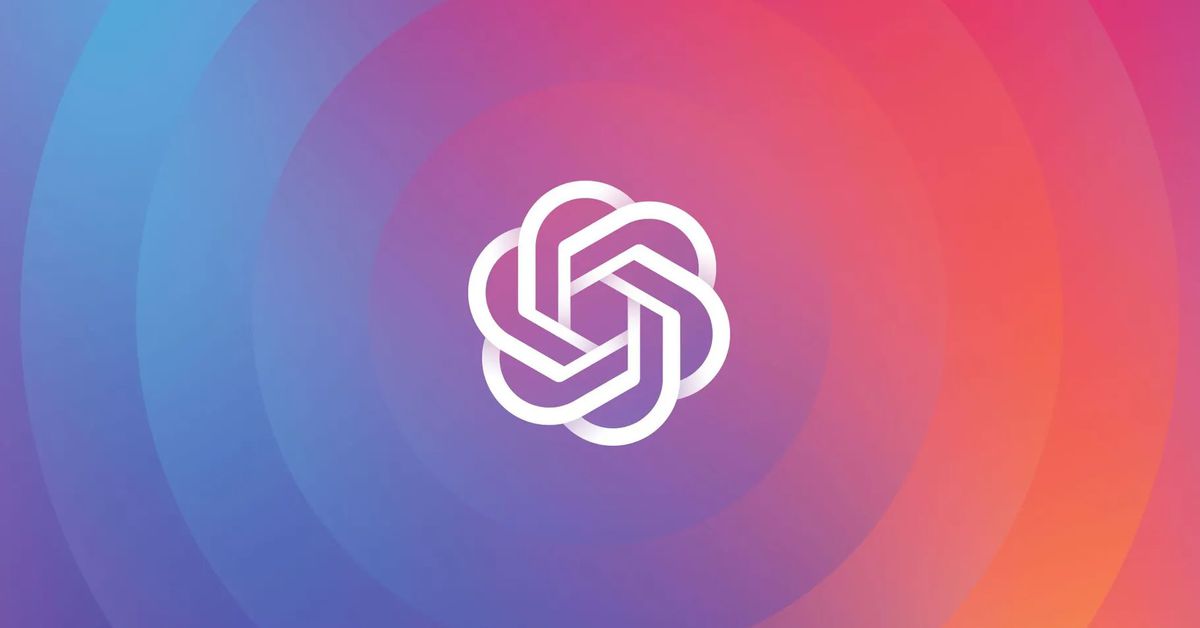OpenAI has publicly responded to a copyright lawsuit by The New York Times, calling the case “without merit” and saying it still hoped for a partnership with the media outlet.
In a blog post, OpenAI said the Times “is not telling the full story.” It took particular issue with claims that its ChatGPT AI tool reproduced Times stories verbatim, arguing that the Times had manipulated prompts to include regurgitated excerpts of articles. “Even when using such prompts, our models don’t typically behave the way The New York Times insinuates, which suggests they either instructed the model to regurgitate or cherry-picked their examples from many attempts,” OpenAI said.
OpenAI claims it’s attempted to reduce regurgitation from its large language models and that the Times refused to share examples of this reproduction before filing the lawsuit. It said the verbatim examples “appear to be from year-old articles that have proliferated on multiple third-party websites.” The company did admit that it took down a ChatGPT feature, called Browse, that unintentionally reproduced content.



Wikipedia destroyed the paper encyclopedia business.
Online courses disrupted higher education. Half of my team don’t have a degree in computer science.
Say what you want about Airbnb/Uber, but the time before that was a shit show to be a black person trying to hail a taxi.
I’m sure you can name dozens of wtfs like Facebook, and misinformation. But I’m not so pessimistic because we got a lot of real great cultural shifts in the past twenty years.
neither wikipedia nor online education aimed to be disruptive. and the only good thing you can say about airbnb and uber are “it’s easier for black ppl to get a taxi” I think there’s a difference between the “tech bro hustling” and wikipedia.
AI is still on the hustling side as far as I’m concerned